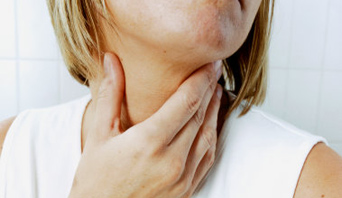Florida-licensed Speech-Language Pathologists and Audiologists have an upcoming license renewal deadline on December 31, 2011.
Speech Pathologists or Audiologists must complete 30 hours (50 hours if dual licensed) of approved continuing education (CE) every 2 years for license renewal. The requirements are:
- Two (2) hour course relating to prevention of medical errors
- Eighteen (18) clinical hours (38 if dual – 19 in each specialty)
- Ten (10) non-clinical hours
Speech Pathology or Audiology Assistants must complete 20 hours of approved CE within the biennium for which they are claimed. The requirements are:
- Two (2) hour course relating to prevention of medical errors
- Eighteen (18) clinical hours
Provisional Speech Pathologists or Audiologists are not required to obtain continuing education. However, approved CE taken while provisionally licensed may be used to satisfy the CE requirements for full licensure.
All Continuing Education must be Board or ASHA approved and earned within the biennium for which they are claimed.
See Rule 64B20-6, F.A.C. for more information about continuing education requirements:
As a condition of the biennial renewal of an active status license, the licensee shall attend and certify attending 30 credit hours, per biennium, of Board approved continuing education, twenty (20) of which shall be clinically related and two (2) of which shall be proof of completion of a course relating to prevention of medical errors. Those licensed as both audiologists and speech-language pathologists shall attend and certify attending 50 credit hours, per biennium, of Board approved continuing education, forty (40) hours of which shall be clinically related, twenty (20) in each specialty, of which two (2) hours shall be a Board approved course related to the prevention of medical errors.
The licensee or certificate holder shall maintain for a period of two years following renewal all documentation verifying the completion of the continuing education hours required for renewal. Upon request, such documentation shall be provided to the Board or Department.
The Board shall audit the files of randomly selected licensees and certificate holders to ensure compliance. Within 21 days of the receipt of such request from the Board or Department, the licensee or certificate holder shall provide evidence of completion of the required continuing education hours. Failure to maintain documentation of the required continuing education hours and submission of such upon request, or the submission of false or misleading information or documentation shall subject the licensee or certificate holder to disciplinary action.
Florida Board of Speech Language Pathology and Audiology: http://www.doh.state.fl.us/mqa/speech/index.html



